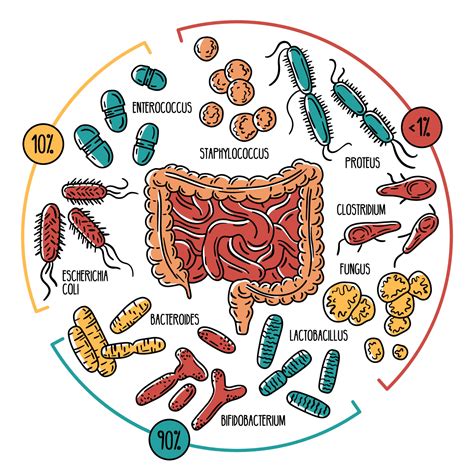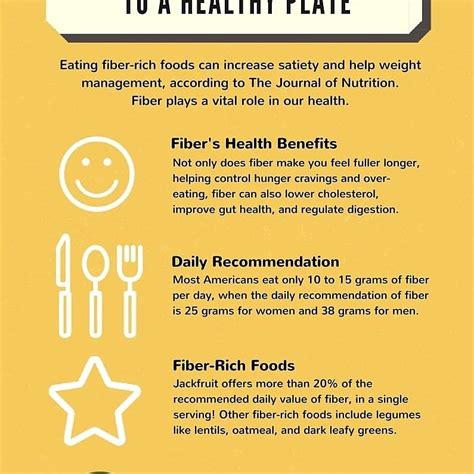Daily steps for better gut health?

The Silent Powerhouse: Why Gut Health Matters
Our gut, often referred to as our “second brain,” plays a far more critical role in our overall well-being than simply digesting food. It’s home to trillions of microorganisms, collectively known as the gut microbiome, which influence everything from our immune system and mood to our metabolism and chronic disease risk. Nurturing this complex ecosystem daily is paramount for long-term health. But what practical steps can we take?

Nourishing Your Gut Through Diet
What you eat directly impacts the diversity and balance of your gut flora. Focusing on whole, unprocessed foods is the cornerstone of a gut-friendly diet.
Prioritize Fiber-Rich Foods
Fiber acts as a prebiotic, feeding the beneficial bacteria in your gut. Aim for a wide variety of plant-based foods.
- Fruits: Berries, apples, bananas, pears.
- Vegetables: Leafy greens, broccoli, carrots, artichokes, asparagus.
- Legumes: Lentils, chickpeas, black beans.
- Whole Grains: Oats, quinoa, brown rice, whole-wheat bread.
Incorporate Fermented Foods
These foods are natural sources of probiotics, introducing beneficial bacteria directly into your gut.
- Yogurt & Kefir: Opt for plain, unsweetened varieties with live and active cultures.
- Sauerkraut & Kimchi: Fermented cabbage dishes that are excellent sources of probiotics.
- Tempeh & Miso: Fermented soy products.
- Kombucha: A fermented tea (watch for added sugars).

Stay Hydrated
Water is essential for healthy digestion and helps move food through your digestive tract. Aim for at least 8 glasses of water daily, more if you’re active.
Limit Gut-Disrupting Foods
Reduce your intake of highly processed foods, sugary drinks, artificial sweeteners, and excessive amounts of unhealthy fats. These can promote the growth of less beneficial bacteria and contribute to inflammation.
Lifestyle Habits for a Happy Gut
Diet isn’t the only factor; your daily habits significantly influence gut health.
Manage Stress Effectively
The gut-brain axis is a two-way street. Chronic stress can negatively alter the gut microbiome and lead to digestive issues. Incorporate stress-reduction techniques like meditation, yoga, deep breathing exercises, or spending time in nature.

Get Regular Exercise
Physical activity can increase gut microbial diversity and improve gut transit time. Aim for at least 30 minutes of moderate exercise most days of the week.
Prioritize Quality Sleep
Lack of sleep can disrupt the gut microbiome and increase stress hormones. Target 7-9 hours of quality sleep per night to support overall gut and bodily function.

Practice Mindful Eating
Slow down, chew your food thoroughly, and pay attention to your body’s hunger and fullness cues. This aids digestion and reduces the likelihood of overeating, which can strain your digestive system.
When to Seek Professional Advice
While these daily steps can significantly improve gut health, if you experience persistent digestive issues, severe discomfort, or unexplained changes in bowel habits, it’s crucial to consult a healthcare professional. They can help diagnose underlying conditions and provide personalized guidance.
Conclusion: Consistency is Key
Embarking on a journey to better gut health doesn’t require drastic, overnight changes. It’s about implementing consistent, small daily steps that collectively foster a thriving internal environment. By nourishing your gut with a diverse diet, managing stress, staying active, and prioritizing sleep, you’re not just improving digestion; you’re investing in a stronger immune system, better mood, and enhanced overall vitality for years to come.










